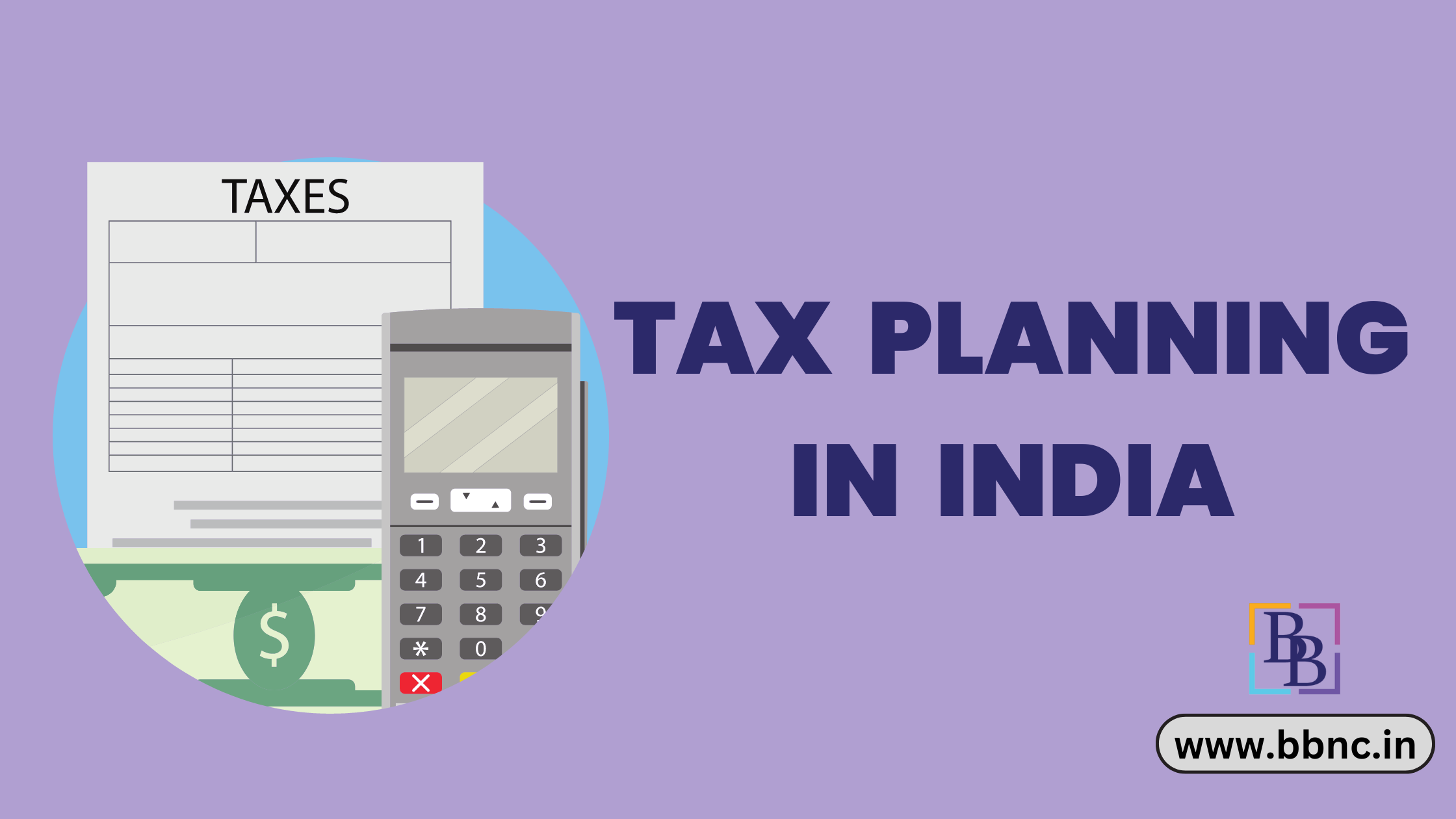Table of Contents
What is Tax Planning?
Tax planning is the review of one's financial status from the perspective of tax efficiency in order to arrange one's finances in the most effective way possible. With the use of tax planning, a taxpayer may reduce their overall tax bill for a given fiscal year by taking full advantage of all available tax exemptions, deductions, and perks. Tax planning is a legitimate method of lowering income tax obligations, but care must be taken to prevent the taxpayer from intentionally engaging in tax evasion or avoidance.
Tax Planning in India
All taxpayers in India have access to a variety of tax-saving choices. Wide-ranging exclusions and deductions are possible with these alternatives, which helps keep the overall tax burden under control. Sections 80C through 80U offer the deductions, which qualified taxpayers may claim. These deductions are made from the total amount of tax obligations. Other provisions of the Income Tax Act of 1961, such as tax credits and exemptions, might lower your tax obligations.
Tax planning is entirely legal and, in fact, a wise choice when done within the boundaries established by the relevant authorities. However, employing shady strategies to evade tax obligations is against the law, and you risk legal repercussions. Tax avoidance, tax evasion, and tax planning are all ways to save money on taxes. The only legal way to lower your tax obligations out of these is through tax planning. The government provides a variety of tax-saving alternatives with the goal of lowering tax burdens on taxpayers through ethical income tax planning strategies.
Corporate Tax Planning
Corporate tax planning is a strategy for lowering a registered company's tax obligations. Deductions for company travel, employee health insurance, office costs, retirement planning, child care, and charity contributions are a few examples of frequent ways to accomplish this. A business can legally decrease its tax burden significantly by utilizing the numerous tax deductions and exclusions allowed under the Income Tax Act. Once more, tax preparation is not the same as tax avoidance, and all planning must be done within the bounds of the law.
An organization's tax obligations rise as profits rise. It is therefore crucial that they invest adequate time in tax preparation to minimize the obligations. The burden of direct and indirect taxes can be lessened during periods of inflation with careful tax planning. It aids in the correct planning of spending, capital budgets, and costs associated with sales and marketing, among other things. A successful tax strategy is the consequence of:
- Disclosing correct information to relevant IT departments.
- Not being ignorant of applicable tax laws as well as court judgments regarding the same.
- Legal tax planning should be done which is under the purview of law.
- Planning must be done with business objectives in mind and should be flexible enough to incorporate possible changes in the future.
Types of Tax Planning
- Purposive tax planning: Preparing taxes with a certain goal in mind
- Permissive tax planning: Tax planning that complies with the legislation.
- Long range and Short range tax planning: Planning carried out at the beginning and conclusion of a fiscal year.
Tax Saving Objectives
Your main tax planning goals should include the following:
- Reduction in total tax obligation
- Financial stability
- Expanding the economy
- Reduction of litigation
- A fruitful investment.
Tax planning is a legal way of reducing your tax liabilities in a year. It will help you to utilize the tax exemptions, deductions, and benefits in the best possible way for minimizing your tax burden. However, it should be done in a legal manner. For any help in your tax planning feel free to reach out to the BBNC professionals at www.bbnc.in
